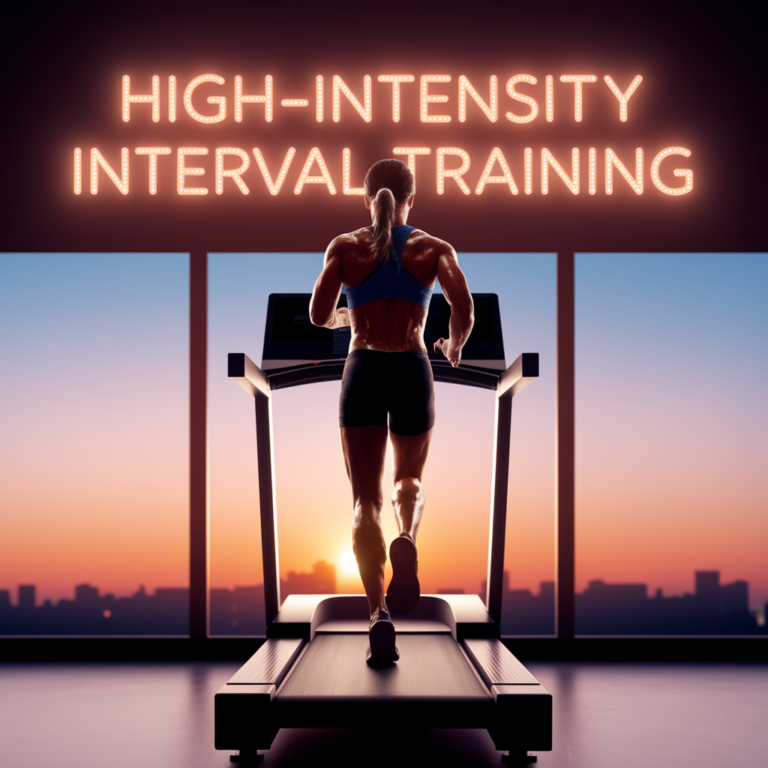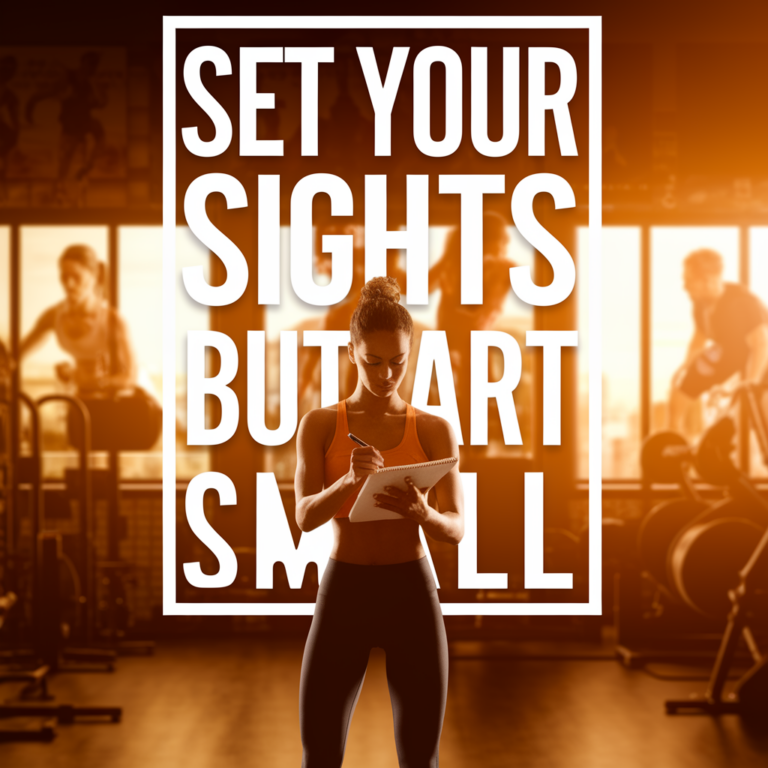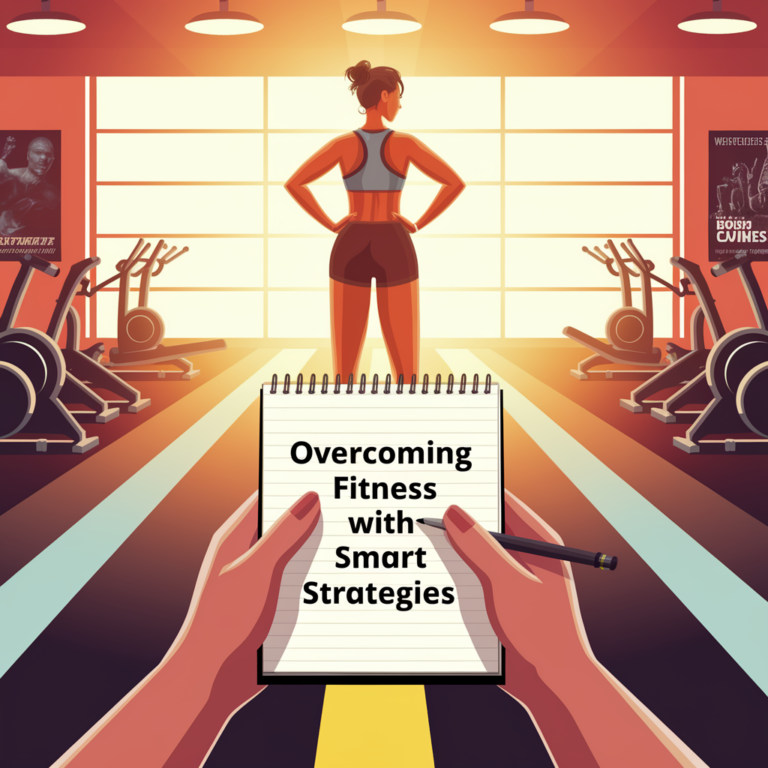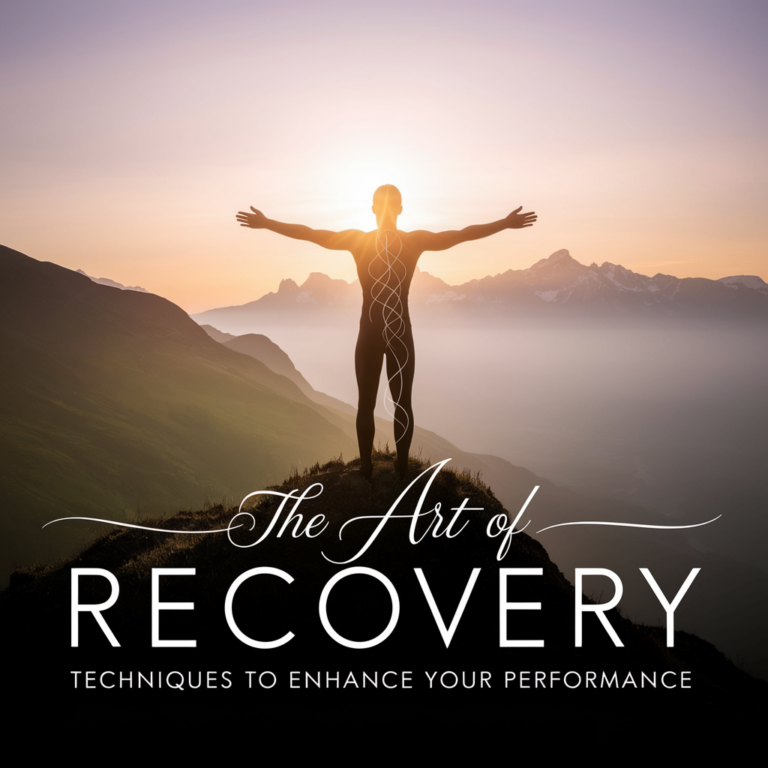Why Hydration Is Crucial for Peak Athletic Performance
At some point, every athlete faces that dreaded moment when fatigue creeps in, muscles start to protest, and the mind begins to wander. It’s a familiar scenario, and often the culprit behind this unwelcome descent into exhaustion is a surprising one: dehydration. You might think, “Surely, I’m good! I had a glass of water this morning!” But let’s unpack this idea because hydration—often overlooked—is absolutely critical for optimal athletic performance.
The Science of Hydration
Now, you might be wondering, “What’s the big deal about water?” Well, it turns out that our bodies are composed of about 60% water, and this liquid gold plays a monumental role in nearly every bodily function. According to the National Athletic Trainers’ Association, proper hydration is pivotal for maintaining blood volume, regulating body temperature, and facilitating muscle contraction. It’s like that one friend who brings snacks to the party; without them, the whole vibe just shifts, doesn’t it?
When we engage in physical activity, we sweat—and let’s be honest, no one looks pretty while doing it. But sweat is our body’s natural cooling mechanism, and losing too much of it without replenishment leads to a slippery slope of dehydration. Even a mere 2% drop in body weight due to fluid loss can impact performance. For athletes, this could mean the difference between a podium finish and a disappointing last-place exit.
Hydration and Performance: A Direct Link
Research has shown that dehydration can lead to significant declines in physical performance. A study published in the Journal of Sports Science found that dehydration of just 3% of body weight can lead to a decrease in endurance performance by up to 10%. That’s a staggering statistic—imagine running a marathon and losing that much performance just because you didn’t sip enough water! Trust me, that’s not a fun realization.
As an athlete, you might have experienced the “wall” during a race or an intense training session. It’s that moment when your legs feel like lead and your mind starts to retreat into a fog. Often, hydration plays a crucial role in those moments. By ensuring that you’re properly hydrated, you can stave off that dreaded wall and maintain your focus and energy levels.
Signs You’re Not Drinking Enough
So, how do you know if you’re dehydrated? Well, while some signs are glaringly obvious—like feeling parched or dizzy—others might be more subtle. Here are a few telltale signs that your hydration levels may be lacking:
- Dark Urine: If your urine resembles apple juice instead of lemonade, it’s time to hydrate.
- Fatigue: Feeling unusually tired? It could be a hydration issue.
- Headaches: Frequent headaches can be a sign of dehydration.
- Muscle Cramps: Those annoying cramps might indicate your body needs more fluids.
It’s funny how, as an athlete, we often ignore our bodies’ signals, thinking we can just power through. But let’s be real—listening to your body is crucial. I remember a time during a particularly grueling summer training camp when I pushed through the hot days without enough water. By the end of the week, I was more tired than a cat in a dog park. Lesson learned!
How Much Water Do You Really Need?
The amount of water an athlete needs can vary based on several factors: the intensity of the activity, the climate, and individual sweat rates. There’s no one-size-fits-all answer. However, a common recommendation is to drink at least half your body weight in ounces. So, if you weigh 150 pounds, aim for about 75 ounces of water daily. But remember, this is just a baseline; during intense workouts, you’ll need more.
Many athletes also follow the “drink before you’re thirsty” rule. Thirst is your body’s way of saying, “Hey, I need some H2O!”—but by that point, you might already be slightly dehydrated. Staying proactive about hydration can make a world of difference.
Electrolytes: The Unsung Heroes
Let’s pivot for a moment and talk about the often-overlooked components of hydration: electrolytes. You see, when we sweat, we don’t just lose water; we also lose vital minerals such as sodium, potassium, and magnesium. These electrolytes are key players in muscle function and hydration status. During prolonged exercise, especially in hot conditions, replenishing these electrolytes is just as important as drinking water.
Have you ever downed a sports drink after a tough game and felt an instant boost? That’s because those drinks are specially formulated to provide both hydration and electrolytes. But here’s a little secret: not all sports drinks are created equal. Some are loaded with sugar and artificial ingredients, which can counteract the benefits. Look for options that provide a balance of electrolytes without the excessive sugar. Think of it as your hydration superhero—minus the cape!
Hydration Strategies for Athletes
So, how can athletes optimize their hydration strategies? Here are some practical tips that I’ve picked up over the years, some of which I wish I had known earlier:
- Start Early: Begin hydrating well before your workout. Don’t wait until you’re parched.
- Set Reminders: Use your phone to set reminders to drink water throughout the day. It’s a simple trick that works wonders.
- Carry a Water Bottle: Always have a water bottle handy. This way, you’ll be more likely to sip throughout the day.
- Incorporate Fruits and Veggies: Foods like watermelon, cucumbers, and oranges are great sources of hydration.
- Monitor Your Hydration: Keep track of your fluid intake, especially during training sessions. Consider using apps that help you log your daily water consumption.
One of my favorite hydration hacks involves adding a pinch of salt to my water. Yes, it sounds odd, but it helps replenish those electrolytes without resorting to sugary drinks. Plus, it gives a little zing to the plain water—who knew hydration could be so exciting?
The Role of Coaches and Trainers
It’s important to highlight the role of coaches and trainers in promoting proper hydration practices. They can set the tone for hydration protocols at practices and events. I’ve seen teams where coaches make it a point to remind athletes to hydrate regularly, turning it into a team ritual. The camaraderie that comes from a shared water break is often underestimated; it’s an opportunity for athletes to bond and refocus.
Furthermore, education is key. Coaches can provide valuable information about hydration strategies and the signs of dehydration, ensuring that their athletes understand how crucial it is. A well-hydrated team is often a winning team, and that’s not just a cliché—it’s a fact!
Hydration During Events
When it comes to competition, hydration strategies become even more critical. Many athletes have adopted pre-, during, and post-event hydration plans. For instance, you might see marathon runners sipping on electrolyte drinks at frequent intervals throughout the race. It’s a meticulous dance of timing and strategy, ensuring that they don’t overhydrate (which can lead to hyponatremia, a condition caused by low sodium levels) or dehydrate.
Some athletes even practice their hydration strategies during training sessions to establish what works best for them. It’s a bit like experimenting with different pre-game meals—you have to find the right fit for your body. And trust me, the last thing you want is to discover that your stomach doesn’t agree with that fancy electrolyte drink during the big game!
The Psychological Aspect
Hydration isn’t just a physical necessity; it also has psychological implications. Believe it or not, being properly hydrated can improve cognitive functions like focus and reaction time. Think of it as a mental boost that can make a significant difference in high-pressure situations.
When athletes are hydrated, they’re more likely to maintain their composure during critical moments of competition. I’ve spoken to athletes who have shared how being well-hydrated helped them stay calm and collected during tense final moments of a match. It’s like having a secret weapon—one that you can’t see but can definitely feel.
Conclusion: The Bottom Line
As I wrap up this exploration of hydration and its vital role in athletic performance, it’s clear that water is more than just a thirst quencher; it’s a performance enhancer. Staying hydrated is essential for maintaining physical capabilities, cognitive function, and overall health. Whether you’re a seasoned athlete or just starting your fitness journey, prioritizing hydration can make all the difference.
So, the next time you feel that twinge of fatigue or find yourself questioning why you’re struggling during a workout, take a moment to assess your hydration levels. Remember that every sip counts, and your body will thank you for it. Now go out there, hydrate, and give it your all—because peak performance is just a glass of water away!
And hey, don’t forget to have fun along the way. After all, hydration should never feel like a chore; it’s simply part of the beautiful dance of being an athlete.









